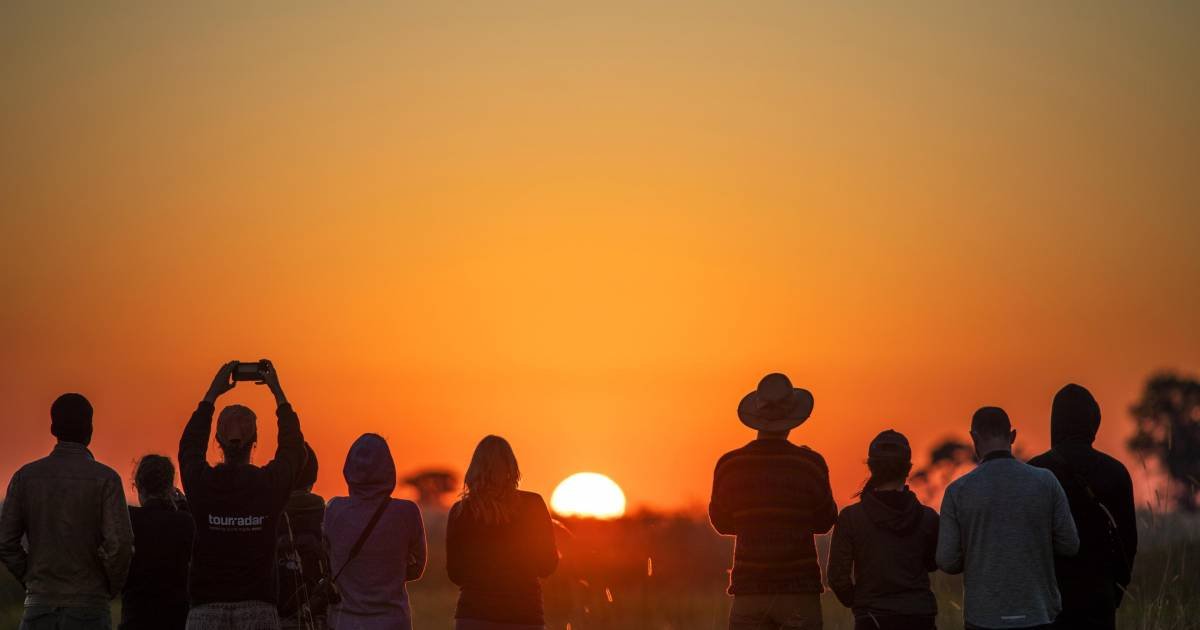Behind the Binoculars: Unmasking Racism in the Safari Business
The African safari—synonymous with adventure, luxury, and wild beauty—has long been a global attraction. But beneath the romanticism and roaring lions lies an uncomfortable truth: the safari industry is one of the last bastions of post-colonial power structures, where systemic racism continues to shape ownership, operations, and opportunity.
While tourists marvel at the savannah and sunsets, the question too few ask is: Who owns the safari? Who profits? And who is left behind?
Addressing these questions is essential for a more ethical and sustainable approach to wildlife tourism that honors both the environment and the people who have lived in harmony with it for generations.
A Colonial Legacy, Alive and Well
The safari industry emerged during colonial times as a sport and spectacle for European settlers and aristocrats. Early safari expeditions were not only exploitative of Africa’s wildlife, but they also served as tools of domination—asserting control over land, people, and narratives. Indigenous communities were displaced from ancestral lands to make way for game reserves and private lodges. European hunters and explorers were glorified in books and films, while local Africans were relegated to the roles of porters, cooks, and nameless trackers.
Fast forward to today, and the picture is not much different. Though the flags have changed and the borders redrawn, control of the safari industry remains heavily concentrated in the hands of white-owned businesses—both foreign and locally based. The racial imbalance in ownership and leadership is stark and often ignored.
The Numbers Tell the Story
In East and Southern Africa—home to the continent’s most iconic safari destinations—Black Africans represent the overwhelming majority of the population. Yet, in countries like Kenya, Tanzania, Botswana, Namibia, and South Africa, the vast majority of safari lodges, tour companies, and travel agencies are white-owned.
In South Africa, where apartheid ended three decades ago, the tourism and wildlife economy remains disproportionately controlled by a white minority. Black guides and staff are often present at the front lines but remain largely absent from the executive and ownership levels. The same is true in Uganda, Zambia, and Zimbabwe, where locals serve tourists but rarely profit from the multibillion-dollar industry.
Structural Barriers to Black Ownership
This imbalance isn’t by accident—it’s the result of structural racism and systemic exclusion. Black entrepreneurs face a range of barriers when trying to enter or expand in the safari space:
Access to Land: Much of the prime safari territory is leased or owned by white landowners or foreigners, a remnant of colonial land grabs and ongoing inequitable land policies.
Capital Access: Setting up a safari lodge requires millions in startup capital. Most Black Africans are denied access to affordable financing due to generational wealth disparities, lack of collateral, and discriminatory banking systems.
Global Perception: Many international tourists, consciously or unconsciously, associate safari expertise with white operators. The “white savior” myth continues to dominate safari marketing, further marginalizing Black excellence.
Institutional Gatekeeping: From travel trade shows to booking platforms, the gatekeepers of global safari visibility often exclude or overlook Black-owned companies.
Erased From Their Own Narrative
Perhaps the most painful aspect of racism in the safari business is cultural erasure. The narratives that sell safaris often center animals and white adventurers while erasing the stories of the indigenous communities who have lived in harmony with this wildlife for centuries.
Safari brochures celebrate Maasai dances without acknowledging the systemic poverty many Maasai communities endure due to tourism-driven displacement. Lodges market “authentic African experiences” while offering luxury bubbles that insulate guests from the actual lives and voices of African people.
The Rise of Resistance
Thankfully, a growing number of Black Africans are challenging the status quo.
Entrepreneurs like Amos Wekesa (Uganda’s Great Lakes Safaris), Vimbai Masiyiwa (Zimbabwe’s Batoka Africa), and the San community behind Bushman Plains Camp in Botswana are reclaiming space and rewriting the narrative. These pioneers are creating world-class safari experiences rooted in community empowerment, cultural authenticity, and sustainability.
Social movements and platforms are also emerging to support Black travel professionals, amplify African voices, and educate global travelers about the power dynamics at play in safari tourism.
The Role of the Diaspora and Conscious Travelers
The African diaspora and conscious travelers have a powerful role to play. By choosing to book with Black-owned safari operators, supporting community-based tourism, and demanding transparency from tour providers, travelers can help dismantle the economic systems that perpetuate inequality.
More importantly, diaspora investors must consider safari tourism not just as leisure but as an industry ripe for transformation—one that can empower local communities, preserve cultural identity, and build wealth where it’s long been denied.
A Call to Action
Racism in the safari business is not just about who owns the lodge—it’s about who owns the story. It’s about who gets to benefit from the land, the wildlife, and the cultural heritage that rightfully belongs to Africa’s people.
To move forward, we must:
Reform land policies to return access and control to indigenous and local communities.
Increase financing for Black-owned tourism businesses through grants, diaspora funds, and ethical investment.
Educate travelers about the racial dynamics of tourism and encourage them to support inclusive businesses.
Elevate African narratives, allowing locals to define what it means to experience Africa.
At Ntare Consulting, we envision a safari industry where Africans are not just staff or backdrops—but owners, innovators, and storytellers.
Let us all commit to unmasking racism in the safari business and building a future where tourism truly uplifts the continent and its people.

